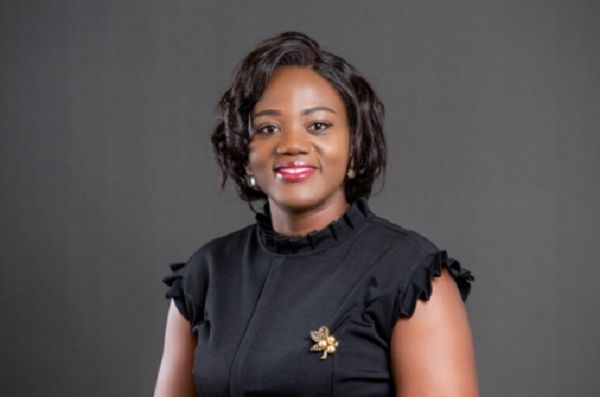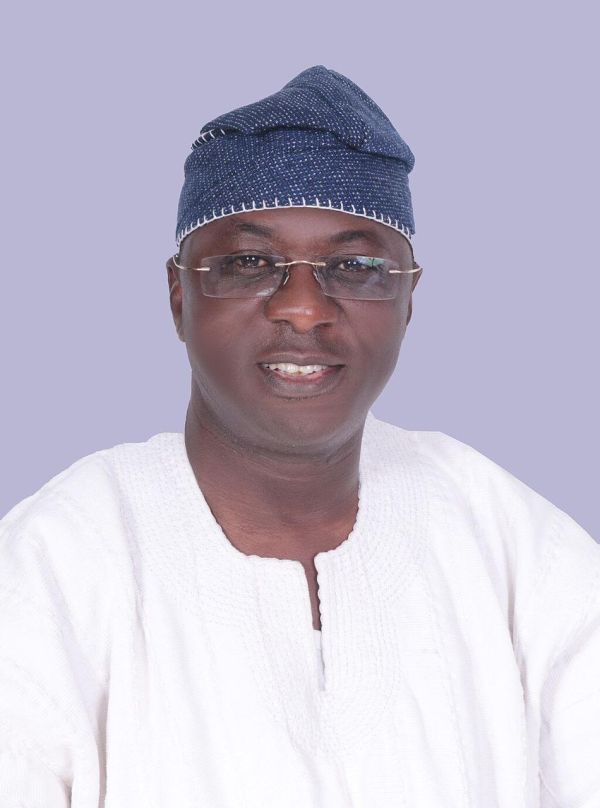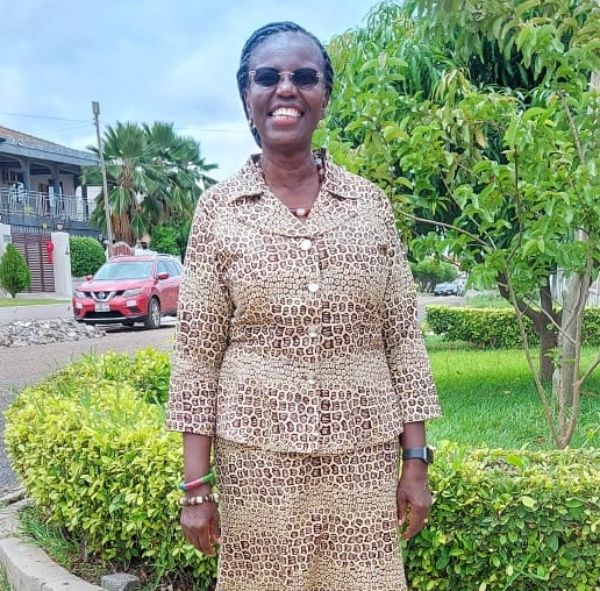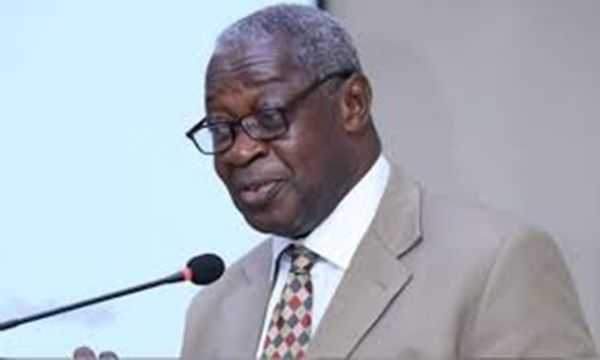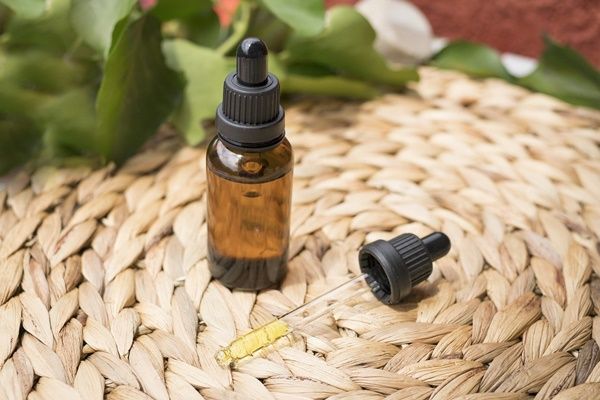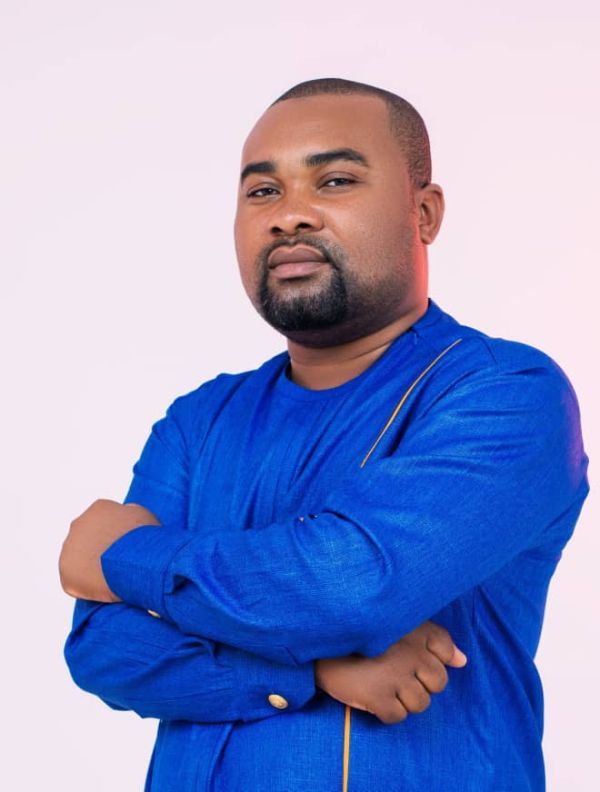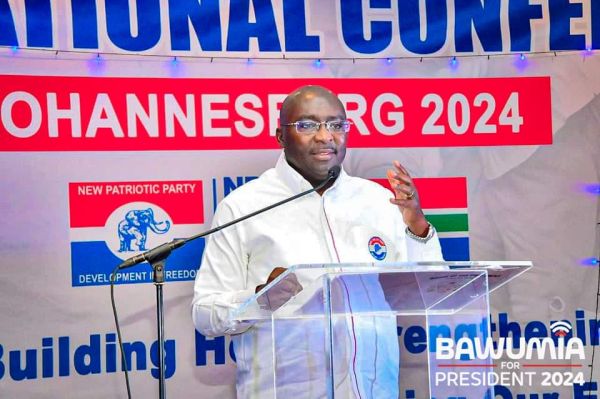
My name is Christiana, but I prefer to be called Tiana. I was born on Sunday so I’m called Akosua too; which birthed the name, Akosua Tiana. I am the last born of 4 siblings. I was born and raised in London, however, my parents migrated from Ghana, originally from the Ashanti region to be precise Wiamoase in Agona.
I grew up in South West London and attended an all-girls secondary school called Burntwood. After secondary school, I went on to study Health and Social Care, Travel, and Tourism, and Citizenship at Richmond upon Thames College. I later went on to embark on my university journey and studied for my first degree which was a combined degree in Counseling with Law.
After obtaining my first degree, I decided to delve deeper into the counseling side of things and studied a postgraduate in Counselling and Psychotherapy. During this time, I had the opportunity to work with young people which influenced me to study further and do my masters in Counselling and Psychotherapy for Children and Adolescents.
Unfortunately, I wasn’t able to complete this due to circumstances at home and the passing of my father. Nevertheless, having birthed Talk2Tiana whilst completing my first degree I decided to continue to advocate and build on the charity work, raising awareness of mental health and contributing to the cultural change surrounding this in society.
What is mental health from your own perspective?
In my opinion, everyone’s mental health is important! Mental health from my perspective is ‘one’s level of psychological wellbeing. It is the state of one’s mind and the absence of emotional wellness, which can lead to mental illness. Mental health doesn’t always stay the same. It can change as circumstances change and as one moves through different stages of their life.
Which group of people are vulnerable to this health challenge? How can one know that he or she has a mental health challenge, and can you also share with us some types of mental health challenges if there is?
Firstly, there is no specific group that is vulnerable to this health challenge, anyone can be affected by mental health challenges. To be aware if you are going through a mental health challenge it is important to know yourself very well. The same way if you found an unusual lump somewhere in your body you would go and seek medical advice should be the same way that if you begin to notice a behavior or emotional change within yourself you should find someone to talk to.
Furthermore, lifestyle factors including work, alcohol, drugs, and lack of sleep can all affect your mental health. People react differently and some may be deeply affected by such situations and find it hard to bounce back which may lead to further challenges; this experience is known as PTSD – Post Traumatic Stress Disorder.
Not forgetting that there are also some physical aspects that can affect one's mental health such as a physical injury to the brain or neurological disorders.
There is a vast range of mental health illnesses but the ones people talk more about are depression, anxiety, schizophrenia, bipolar, eating disorders, personality disorders, and ADHD to name a few.
As an advocate, what are some of the activities you undertake to deal with this problem?
We provide a safe space online where people can Talk2tiana, you are able to email me privately or interact with blog posts or any other social media posts freely expressing your emotions or thought. We also raise awareness by running projects across the country focusing on changing the culture. We engage in interviews and give talks and we are looking to expand this across the country. Again, this is a snapshot of some of the things Talk2tiana engages in, however, we will be expanding this so do watch out for this and interact with us.
Is there any level of stigmatization attached to mental health personnel?
The history of stigma in response to mental illness is as old as human society. This stems from, however, is not limited to; lack of education, ignorance, prejudice, and negative stereotypes by the media or the public.
People frequently find it uncomfortable talking about their feelings, let alone their mental state. Then there’s the idea of ‘What will people think about me if I let it be known that I have a mental health issue’? This then becomes a barrier against people seeking help or making a full recovery from their mental health challenge.
In Africa, people who experience or have mental health challenges are often viewed or said to be experiencing witchcraft or demon possession. In summary, people just don't have kind words to say about this. The result is often or not, being referred to as a spiritual healer rather than a professional. This is just an example of some of the mental health stigmas in Africa.
Nonetheless, the culture and misconception surrounding mental health is what The Talk2Tiana foundation is constantly working on trying to change. It’s about time we change this stigmatization and let people know that it is healthy to know, understand, and express how you feel. If there is a lot on your mind or you are experiencing any symptoms, you should talk to someone about it.
What inspired you to venture into this field?
I have always been one that likes to help people. I enjoy helping people find solutions to problems they may be facing. Sometimes we as people have the solution, however, we just need to talk out loud; have someone to listen to us, see it from a different perspective may be, and usually, we can then figure it out ourselves.
Talk2Tiana came about during my studies and as I am passionate about helping others I decided to start the Talk2Tiana blog which encouraged people to have a virtual conversation with me. This led to people often sending in any challenges or issues they may be facing in which they needed someone else to talk to about it. From the blog I decided to expand further on social media namely YouTube and Instagram, there I shared my own personal experiences and again encouraged people to talk to someone about the challenges they may be facing.
A few years ago when I started coming to Ghana more often,I would notice people who were clearly experiencing mental health issues just walking in the streets neglected with no one paying attention to them, or being ridiculed by the public. This made me feel sad and I realised that I needed to make a change. I realised that there was an issue of denial and people seeing this as just a norm to the point of telling me that ‘there is no point in trying to help or make a change, as Ghana is not ready’. I disagreed and today I am continuing to try and make that change.
0
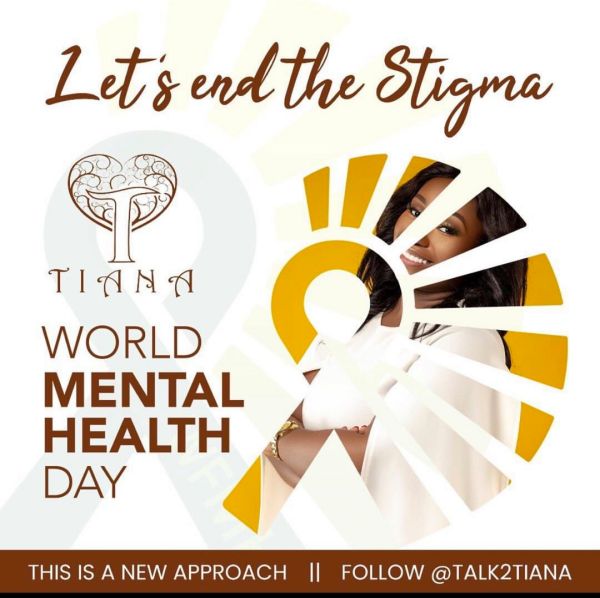
What have been some of your greatest accomplishments?
• In 2015 I was honoured to receive a nomination for the Women 4 Africa awards under the young achiever category in the UK
• I was privileged to speak at the launch of the HRH Nana Animwaah Oforiwaa Tia Charity event in the UK under the theme of domestic violence. I spoke on the psychological effects this had on people who had experienced this.
• The maiden event of Talk2Tiana being held in Ghana specifically in my hometown Wiamoase which gained support from the Mental Health Authority and the community.
• Volunteering as a mentor to discuss mental health with male prisoners in the UK between16-18 it really enlightened me on mental health awareness and encouraging those in the Black Asian and Ethnic Minority (BAME) community especially black males to speak out and share their story.
• I participated in dialogues across social media and on Ghanaian radio stations based in UK surrounding the development of young people in the diaspora as well as mental health.
What are some of the principles that guide you when dealing with a mental patient?
• It’s important that you can provide a non-judgmental space for the person with no distractions.
• It’s also important that you allow the person to talk at their own pace and listen carefully. It’s vital that you don’t put pressure on them to talk about something they are not ready to discuss or second guess what they are trying to say. Trust needs to be built and they need to build up the courage to do this so one must exercise patience.
• Most importantly we need to know our limits. It’s not everything that we may be able to deal with on our own so it’s good to be able to signpost individuals if there is an issue beyond us. Some people experiencing mental health challenges may need to seek immediate medical attention.
There are many principles that one should be aware of when dealing with someone who is going through a mental health challenge; however, I always say its best to always keep these words in mind; Empathy, Patience, Openness and Trust.
How can one improve on his or her mental lifestyle?
• Positive affirmations to yourself daily
• Focus on one thing at a time and at the moment • Eat clean and exercise
• Talk to someone you can be open with and trust
• Take a break! Have time for yourself
• Get sufficient hours of sleep at least 7-8 hours
I always encourage people to be aware of their triggers and for one to seek help as soon as they feel like their mental well-being is deteriorating to intervene sooner rather than later.
What is the rate of mental illness in Ghana and Africa and how can we curb this?
According to the World Health Organisation (WHO) ‘It is estimated that of the 21.6 million people living in Ghana, 650,000 are suffering from a severe mental disorder and a further 2,166, 000 are suffering from a moderate to mild mental disorder. The treatment gap is 98% of the total population expected to have a mental disorder’. However, I am sure the recorded rate does not even touch the surface of what is happening out there.
Educating the masses about mental health and recognising mental health is an important step in trying to curb this. Having family and friends supporting the individual when they notice a negative behavioral change and then addressing it as soon as possible. If we can initiate a cultural change and awareness surrounding mental health and make it a subject that can be openly talked about and acknowledged, then we are definitely stepping in the right direction to curb this.
There has been an increase in entrepreneurship across the continent and the globe from small scale enterprises to large corporations. What are your thoughts on it? Do you think it’s the best way to solve some of Africa’s challenges and improve the lives of people?
Most certainly! In addition to being a mental health advocate, I am also an entrepreneur and I am in the process of launching a business company called Jiffy deliveries. I will need some employees so I will be helping with the employment issue in Ghana. I believe that the more entrepreneurs there are the more employment opportunities it will bring across the continent especially to the youth of today. I believe if you can develop a business idea that fits a gap in the market, work on it, and make it happen!
What will be your advice to others especially the youth about the effects of comfort zones and on the importance of entrepreneurship?
My advice would be to step out of your comfort zone and go for it. Entrepreneurship is all about taking that risk! I’m the biggest risk-taker I know! Otherwise, I would not be in Ghana during a time like this. With life, no one knows tomorrow, and no one knows what may become of you with that one decision you decided to take. I believe if you see a new day it means you haven’t completed your mission on earth, so use the opportunity to find yourself and your purpose.
It is important to do your research on the area you want to start your business. Be real to yourself and listen to the advice of those that may have done it or are currently doing it. Most importantly take care of your mental health during this journey; great things can come out from stepping out of your comfort zone but also have measures in place in case everything does not go the way you expected it to. Even the ones who feel they are the strongest psychologically have setbacks.



